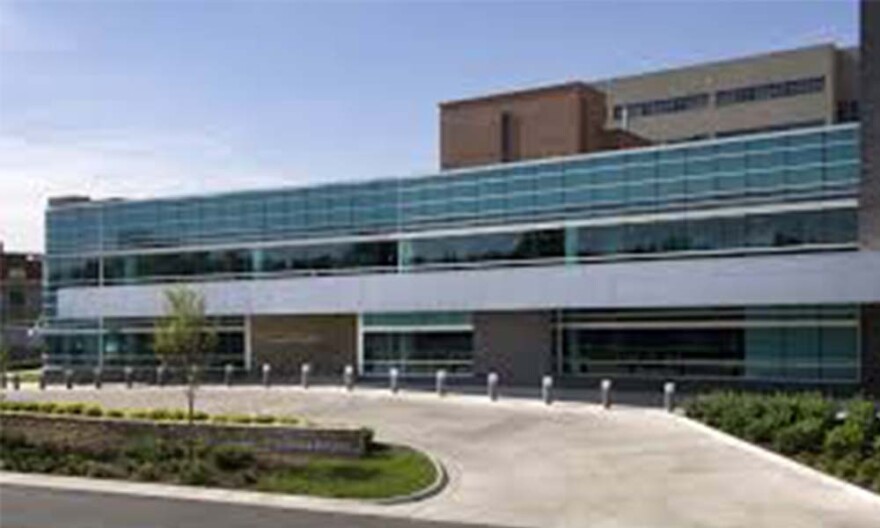The University of Kansas Hospital is teaming up with 14 small hospitals and medical centers in the western part of the state to make improvements to rural health care.
A three-year, $12.5 million grant from the U.S. Centers for Medicare and Medicaid Services Innovation Center has enabled the hospital to create the Kansas Heart and Stroke Collaborative, the Lawrence Journal-World reports.
The effort puts into place more prevention, consistent emergency protocols, telemedicine, follow-up care and teamwork. If its life- and cost-savings goals are met, the effort could become a model for heart and stroke care in rural areas.
Barbara MacArthur, the hospital's vice president for cardiac services, said in a news release that the highest mortality rates from the conditions are in rural communities.
"Many deaths and long-term disabilities of heart disease and stroke can be prevented if the right standards of medical care are accessed immediately," MacArthur said. "Under this program, hospitals working together can provide a continuum of high quality care with much better outcomes."
Even though the University of Kansas Hospital is at the eastern edge of the state, it has a goal of improving care across the whole state and hopes its heart and stroke expertise can help more "resource challenged" hospitals, said Bob Moser, former Kansas Department of Health and Environment secretary who is now executive director of the Kansas Heart and Stroke Collaborative.
As part of the effort, the University of Kansas Hospital is contracting with a South Dakota company to bring telemedicine to rural emergency rooms. Via monitors in their ERs, at the press of a button rural hospital staff can bring up a board-certified emergency physician and critical care nurse stationed at the company's designated "bunker" in South Dakota.
If it works well, Moser said, the University of Kansas Hospital would like to develop its own telemedicine system using its own specialists in Kansas City, Kansas.
"There's just no way we're ever going to have enough physicians to cover the area," said Christine Fisher, a Hays cardiologist, who is leaving her private practice this year to become director of population health for the Kansas Heart and Stroke Collaborative. "So with that, how can we keep the standard of care high? I think the answer is technology."



